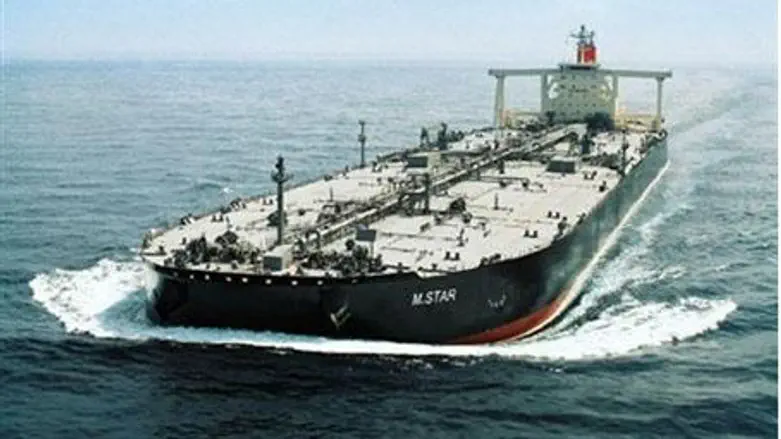
The European Union tightened sanctions on Iran in a clampdown on the country´s nuclear program, while divisions festered over a possible halt to purchases of Iranian oil amid Europe's sovereign debt crisis.
Following up on penalties imposed by the US last month, the EU added 180 Iranian officials and companies to a blacklist and started work on sanctions on the country’s oil exports, banks, transport sector and the Revolutionary Guard Corps.
“Greece has a certain number of reservations” about an oil cutoff, French Foreign Minister Alain Juppe told reporters at an EU meeting in Brussels Thursday. “We have to take account of them and work with the different partners so that the interruption of Iranian deliveries can be offset by higher production in other countries.”
Iran accounts for 5.7 percent of Europe’s oil imports. Greece has recently stepped up its purchases of Iranian oil because other suppliers are suspicious of Greece’s credit.
Last week the US, Britain and Canada announced new financial sanctions on Iran, following the report from the International Atomic Energy Agency (IAEA) that accused the Tehran government of atomic arms development.
In response, Iran’s parliament voted Sunday to reduce diplomatic ties with Britain, to withdraw its ambassador to London and to expel the British ambassador from Tehran.
Iranians stormed the UK embassy in Tehran ― a provocation that European officials said had the support of Iran’s government. Britain closed the embassy and evacuated the staff following the attack.
The UK closed Iran’s embassy in London and removed its diplomats Wednesday. France and the Netherlands also closed their Tehran embassy in a show of solidarity with the UK.
Targeting Iran's oil exports could ignite tensions in the Middle East, raise oil prices, and rattle the delicate global economy. Such a move, analysts say, could prompt Iran to move to seize the Straits of Hormuz - portentially setting off an armed confrontation with Gulf Arabs and the West.
Meanwhile, the US Senate unanimously approved a measure to sanction foreign financial institutions that do business with the Central Bank of Iran, a move aimed at reducing the number of countries able to buy Iranian crude oil.
The measure, if enacted into law, would make it more difficult for Iran to receive payment for oil sold to foreign buyers. It also gives the Obama administration power to bar foreign financial institutions that do business with the Central Bank of Iran from having correspondent accounts in the US.
The White House, however, has stated its opposition to the amendment on the grounds that threatening oil supplies for key Asian and European partners could fracture the international coalition behind coordinated sanctions on Iran.
